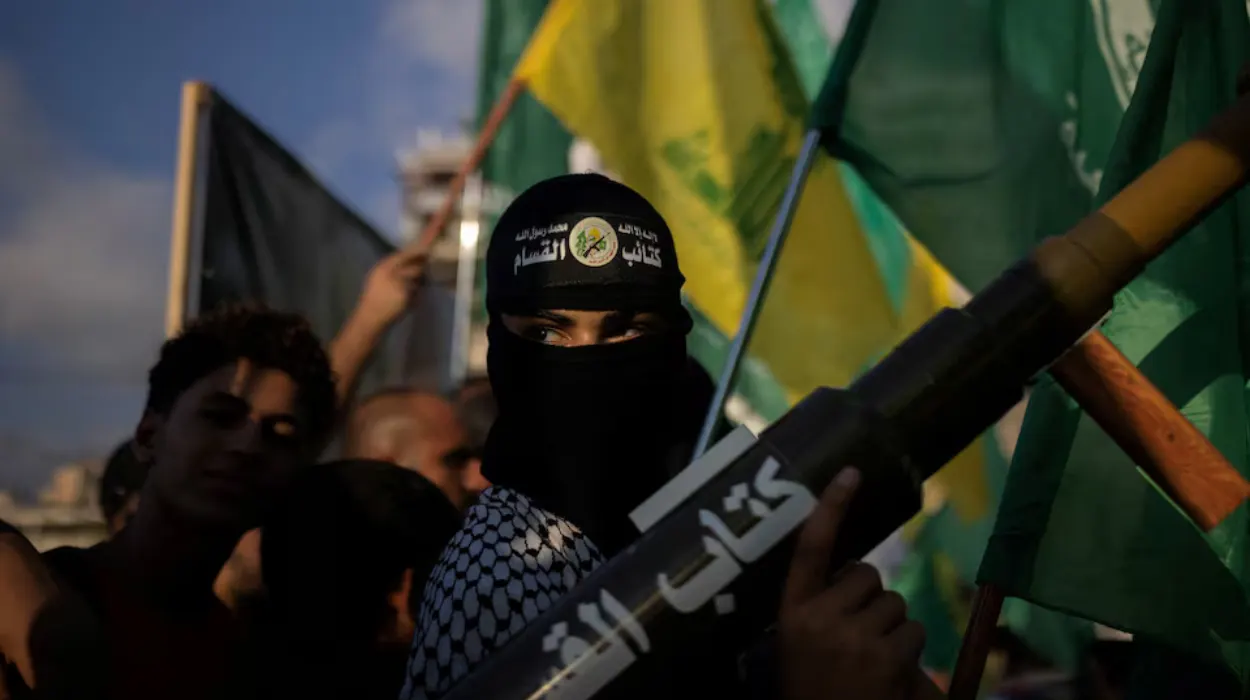On Wednesday, members of the United Nations Security Council called for increased diplomatic efforts to prevent a wider conflict in the Middle East following the assassinations of two militant leaders, Hamas leader Ismail Haniyeh and Hezbollah’s military commander. Haniyeh was killed in Tehran, prompting threats of retaliation against Israel, while the Hezbollah commander was killed in an Israeli strike in Beirut.
Japan’s deputy U.N. representative, Shino Mitsuko, expressed fears that the region is on the brink of all-out war and urged international action to mitigate the situation. Several countries, including China and Russia, condemned Haniyeh’s assassination, with China’s U.N. ambassador stating that the failure to achieve a ceasefire in Gaza has escalated tensions.
Britain’s U.N. Ambassador Barbara Woodward called for calm and reiterated the need for an immediate ceasefire, advocating for a two-state solution as the pathway to lasting peace. The U.S. and other Western nations urged Security Council members to exert pressure on Iran to deescalate its proxy conflicts in the region.
Iran’s U.N. ambassador responded by claiming that Tehran has shown restraint but reserved the right to retaliate. In contrast, Israel’s deputy U.N. representative called for the condemnation of Iranian support for terrorism and assured that Israel would defend itself with force against threats.


